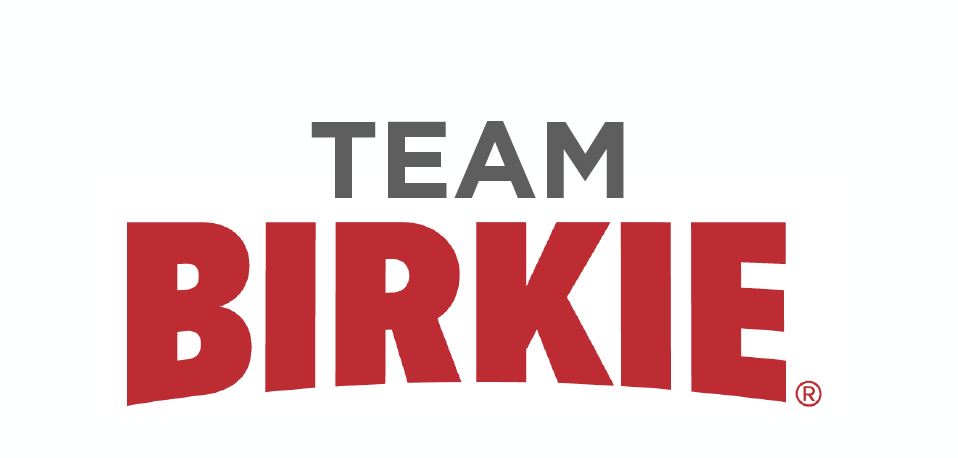“It starts now”, inspiration from Paul Schommer
Many times athletes get fixated on fitness as being the differentiating factor that will have them rise above the rest. Fitness is an essential part, but a training plan needs to take other physical factors into account, as well as mental and emotional. Avoiding illness, injury or just running out of motivation and belief are a few of the things that can derail a season. Any of these can come about even when you have a great year of training, some seemingly out of nowhere. What is important is to know how to address problems quickly and efficiently to avoid it blossoming into a chronic problem. Navigating health during the season can sometimes be one of the more difficult things an athlete has to do.
This past November while at my team’s pre-season camp in Vuokatti, Finland I felt like I was poised to have my best season yet. My fitness was good, my shooting was on point and mentally I felt ready to compete. However, less than a week into the camp I had a knee injury flare up, causing my knee to have mechanical clicking/grinding and become swollen.
I made the decision to head home, knowing addressing injuries is more efficient in the US where I have a great medical team at my disposal. After a few weeks of rest and rehab my knee still was not feeling better and underwent a surgery in early December. Following the surgery, my return to training and racing was a bit unknown, and for the next few months I struggled to train consistently while my knee continued to heal.
I tell you this story because it illustrates how you can do many things right, but sometimes sport feels like a house of cards. It seems like everything is good, you are on track to have your best season yet, but then one card is taken out and the whole thing comes crashing down. And as I said at the beginning, many times this is caused not by a lack of fitness, but by some other piece of the puzzle.
In the past few years, I have seen the value of looking at my training more holistically, taking into account all of the variables that can affect performance. Physical training is still a huge component, but it’s not the only thing I look at. For example, I may cut back on my hours just slightly to make more time for mobility and body work. This ensures that my body is functioning well and I am able to utilize all the power and fitness I have built up. I also pay more attention to the signals of when I might be getting sick, knowing taking a day off early is better than training through something that can drag out for weeks.
All of this is give and take, and everyone is going to be different. There are times you have to push, and there are times you have to pull back. In the end I think what helps you make better decisions is looking at the big picture. Are the things I am doing today going to help me achieve my goals I have this year? It is easy to get wrapped up in the here and now, thinking today’s workout means more than it does. Being fast in every training session doesn’t equate to fast racing, and often it means the opposite.
One of my mottos is #StartsNOW, the idea that no matter what happened in the past, the journey to where we want to go starts now. Training allows us to retain fitness throughout the season, and this includes times when we may be sick or injured. When you face a setback, don’t stress more than you need to and address the problem as best you can. Trust the work that you have put in up until that point and proceed as best you can. Things can turn around fast and you’ll soon realize the obstacle you overcame may have just been part of the path to get you to your destination.
Hear from Paul doing a VO2 test at the Pioneer this past week.
#StartNow is a great motto and we will be cheering for Paul as he prepares for a new season of biathlon racing - hopefully back to the world scene very soon!
Go Paul!


